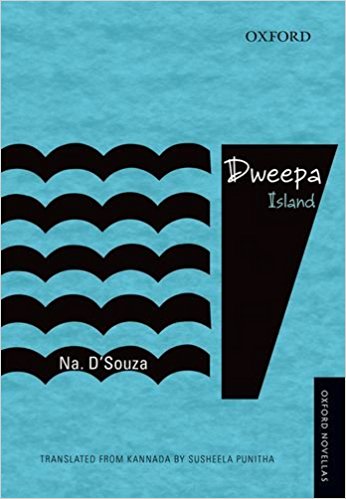At first glance, Dweepa is a fairly simple novella. It is the story of Nagaveni and her farmer husband Ganapayya who are forced to stay back, even while their fields are under threat of being submerged by the waters of a newly built dam. A note of complexity comes from the presence of Krishnappa, an indispensible farm hand, who is very fond of Nagaveni. A closer reading however reveals the intricate fractals that cohere into the fine mosaic of D’Souza’s plot. Dweepa is a tale of interlinked quandaries—Ganapayya’s vacillations about migrating or staying back, the struggles of Krishnappa and Nagaveni—caught between their stifled desires and notions of marital fidelity and virtue; D’Souza’s narrative uses these as a counterpoint for the ‘grander’ debates—the partisan double-bladed sword of development, that cuts some deeper than others; and the relationship of humans with nature—a curious blend of attachment and fear, reverence and hostility. The title ‘Dweepa’ too, is used to connote isolation in the spatial as well as emotional senses.
August 2014, volume 38, No 8

